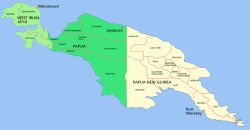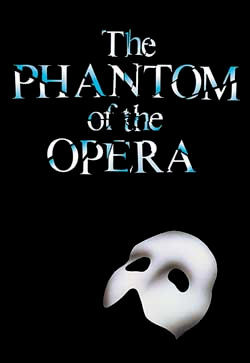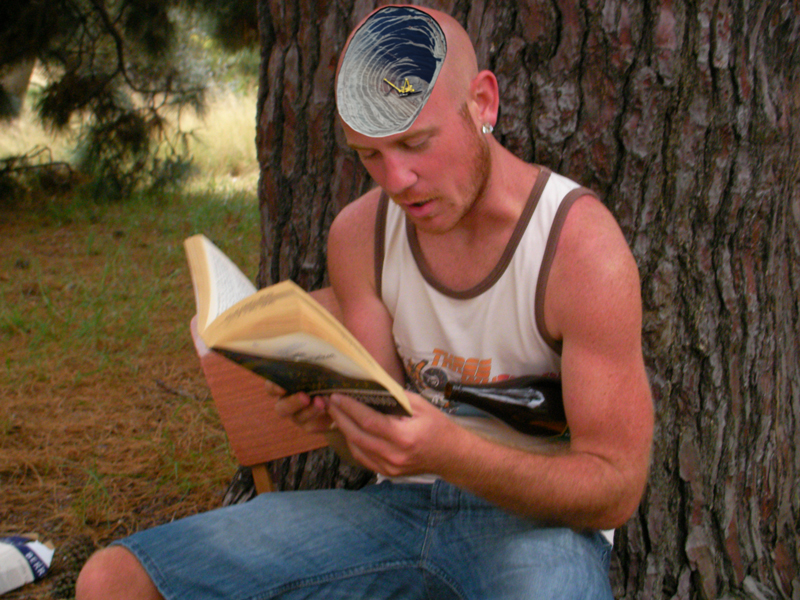Recently I served on a faculty committee of a progressive university organized around the essential question: “What must the university do to stimulate the development of creativity in the minds of our future student?” I offered this second opinion.
 Creativity is one byproduct of Imagination. The terms are used interchangeably, yet one gives birth to the other. Because no thin line separates the two, Creatives are deviants in the most indigenous way. To illustrate the point I shared an apt experience from my traveling days as an international tour guide having lived among Indigenous tribes in the West Papua New Guinea Province (previously West Irian Jaya’).
Creativity is one byproduct of Imagination. The terms are used interchangeably, yet one gives birth to the other. Because no thin line separates the two, Creatives are deviants in the most indigenous way. To illustrate the point I shared an apt experience from my traveling days as an international tour guide having lived among Indigenous tribes in the West Papua New Guinea Province (previously West Irian Jaya’).
When I asked an indigenous tribesman to point the way to the past, they would point in front of them. If I inquired which direction they saw the future, they would invariably point behind them. To this tribe, they could see the past through engaging their memory, thus anything one could see would be in front of them. Because no member of the tribe could see the future they reasoned the future was behind them. Because they did not value intellect, they became wise. Deviation from the norm belongs more to an Imaginative Intelligence than academic agnosticism.
If we are ever to provide an environment which fosters creativity, we have to abandon our love affair with conformity. A deviant is defined as departing from usual or accepted standards, and is synonymous with atypical, irregular, nonconforming, an individualist, who may be eccentric, unorthodox, and exceptionally idiosyncratic; threatening to some, yet welcomed by a growing constituency of imaginative thinkers. Third world societies frequently deviate from the customary Western mindset, providing justification for their special role in enriching a student’s educational experience. Education would do well to entertain the development of non-violent deviants, thus disruptive mindsets. One has to look no further than architecture’s experience with post-modern deconstruction
The fear of being wrong is an educational invention where mistakes are stigmatized. We must be careful not to educate people out of their creative capacities, remembering we don’t grow into creativity, we are educated and socialized out of it.
If our students are not prepared to be wrong, they will never come up with anything original. It’s unfortunate that our students are educated from the neck up, focusing on their heads, and slightly to the left side.
 Academic ability dominates our view of intelligence. The entire system of public education is designed as a protracted process for university entrance where most students go to school to graduate rather than get an education. It can be said, traditional education strip-mines a student’s mind in a fashion not unlike the way we strip-mine the earth.
Academic ability dominates our view of intelligence. The entire system of public education is designed as a protracted process for university entrance where most students go to school to graduate rather than get an education. It can be said, traditional education strip-mines a student’s mind in a fashion not unlike the way we strip-mine the earth.
According to UNESCO, United Nations Educational Scientific and Cultural Organization, more people will be graduating globally with an education in the next 30 years, than since the beginning of recorded history. In the not too distant future, degrees will be worth less because everyone will have them. This will give rise to the term, “Academic Inflation.”
The challenge is how to prepare students for a future no one can predict?
We need to Imaginatively rethink our view of intelligence before we can envision a new future for education. Currently intelligence is the expression of intellect, a product of academic training. By contrast, Imaginative Intelligence is the distinct integration of imagination and intelligence an important alternative for the future of formal education and characterized by Three (3) distinct components:
- Imaginative Intelligence is Diverse – Visual, Auditory, Kinetic, and Abstract.
- Imaginative Intelligence is Dynamic – “Metaphor of the Intersection” – where different perspectives occupy each corner absent the duality of intellect (good or bad; right or wrong; positive or negative; true or false).
- Imaginative Intelligence is Distinct – It’s not a retread, it’s unlike other forms of knowledge, it is as distinct from intellect, as invention is to innovation.
 Dame Gillian Lynne – a famous Choreographer responsible for “Cats”, “Phantom of the Opera”, and many other productions of Andrew Lloyd Weber was thought a failure in school – mentally defective – because she was a fidgeter who couldn’t sit still. That was until some Imaginative Intelligence reasoned she needed to move to think.
Dame Gillian Lynne – a famous Choreographer responsible for “Cats”, “Phantom of the Opera”, and many other productions of Andrew Lloyd Weber was thought a failure in school – mentally defective – because she was a fidgeter who couldn’t sit still. That was until some Imaginative Intelligence reasoned she needed to move to think.
Imaginative Intelligence embraces the richness of human capacity and ushers in a new concept of Human Ecology. Imagination is as important as literacy, and should be treated with the same status.
In conclusion, I believe every future student should be required to have two years of real world experience, joining the peace corp., serving on a mission, or in service to some domestic or international Non-Governmental Organization – NGO, or non-profit agency, before they would be allow admission to a university.

